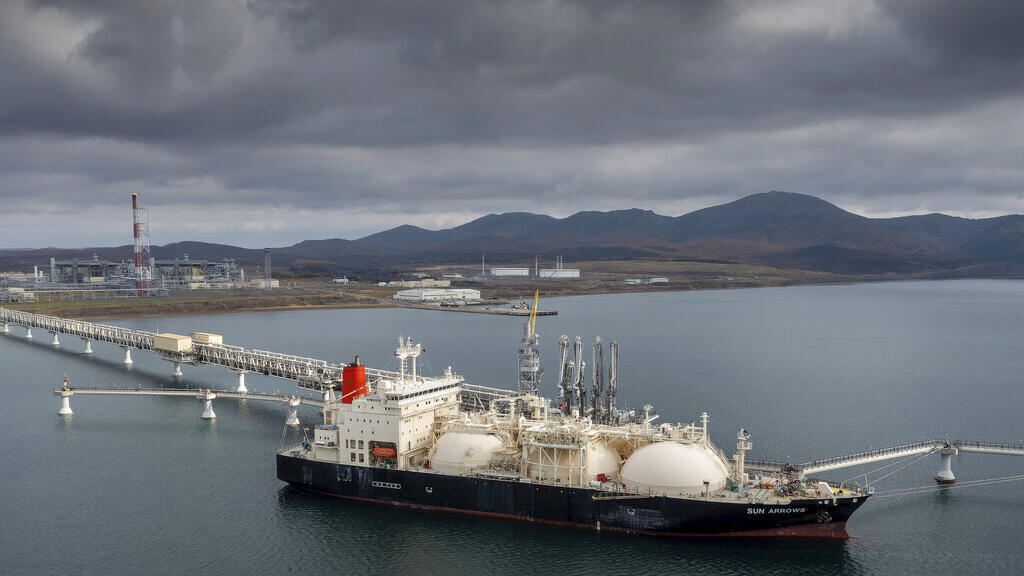
Energy ministers from the 27-nation bloc meeting in Luxembourg have approved a plan by the European Commission to phase out both pipeline gas and liquefied natural gas (LNG) imports from Russia by the end of 2027.
Lars Aagaard, energy minister of Denmark, which holds the EU's rotating presidency, called it a crucial step to make Europe energy independent.
"Although we have worked hard and pushed to get Russian gas and oil out of Europe in recent years, we are not there yet," Aagaard said.
The plan, which must be approved by the bloc's parliament, is part of a broader EU strategy to wean EU countries bloc off Russian energy supplies.
Russian 'shadow fleet' ship detained by French navy resumes voyage
The commission is in parallel pushing for LNG imports to be phased out one year earlier, by January 2027, as part of a new package of sanctions aimed at sapping Moscow's finances during its war with Ukraine.
But sanctions need unanimous approval from all of the EU's members. Trade restrictions like those approved on Monday instead require the backing of 15 of the 27 countries.
Geographical constraints
All but Hungary and Slovakia, which are diplomatically closer to Russia and still import Russian gas via pipeline, supported the latest move, according to diplomats.
"The real impact of this regulation is that our safe supply of energy in Hungary is going to be killed," Budapest's top diplomat, Peter Szijjarto, told reporters.
His government says the landlocked country needs to import gas from Russia due to geographical constraints.
Trump tests Turkey's energy dependence on Russia with lure of US power
Under the proposal approved on Monday, Russian gas imports under new contracts will be banned as of 1 January, 2026.
Existing contracts will benefit from a transition period, with inflows under short-term contracts allowed until 17 June 17 2026 and those under long-term contracts until 1 January 2028.
Although gas imports from Russia via pipeline have fallen sharply since the invasion of Ukraine in February 2022, several European countries have increased their purchases of Russian LNG transported by sea.
Russian gas still accounts for an estimated 13 percent of EU imports in 2025, worth more than €15 billion euros annually, according to Brussels.







